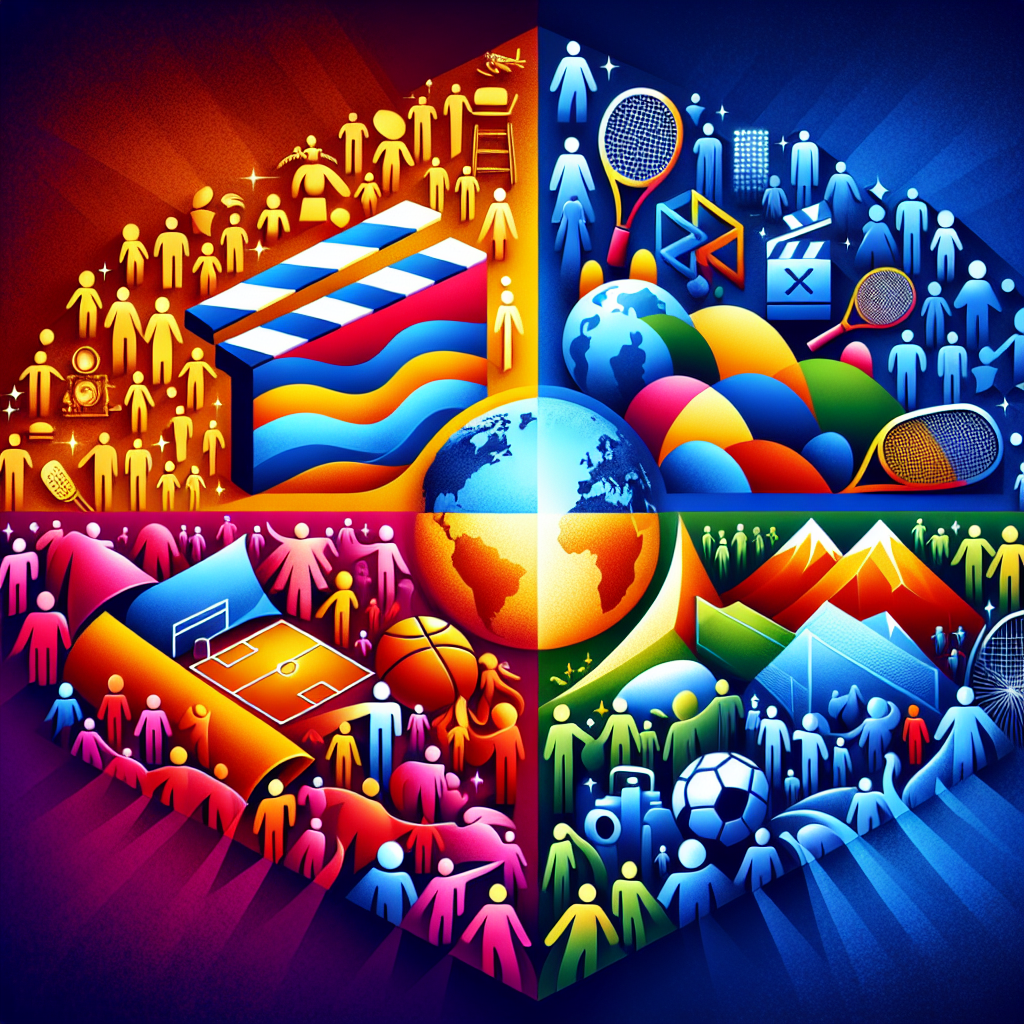"What Caught My Eye Last Week" In Marketing (19th To 25th June)
1. Cali BBQ’s Father’s Day Win: How an AI Agent Drove 18% More Sales

What Happened – AI Took the Orders, Sales Took Off
California-based Cali BBQ integrated an AI voice assistant, "Shawn AI," to manage customer calls for Father’s Day, replacing traditional phone staff. Trained on the voice and tone of owner Shawn Walchef, the AI agent handled 150+ calls, contributing to a record $26,000 in sales—an 18% increase over the previous year—and nearly halving table turnaround time.
Why It Matters – Scalable Hospitality, Smarter Engagement
By mimicking the voice of its founder and delivering consistent, efficient service, the AI offered a seamless customer experience. This move demonstrates how brands can use AI not just to automate, but to extend brand personality and storytelling into real-time customer touchpoints—without sacrificing warmth or quality.
What’s Next – AI Agents Enter the Frontline
As AI agents like Shawn prove their ability to drive sales and streamline operations, more businesses may adopt “digital-first, human-guided” models. The trend signals a shift where AI doesn’t replace human touch but elevates it—enabling always-on service, brand-consistent interactions, and operational agility across industries.
2.Cannes Lions 2025: Music, Gaming, and Sports Campaigns Rewrite the Rules of Engagement

What Happened – Star-Driven Stories Dominate Cannes
At Cannes Lions 2025, the Entertainment Grand Prix honors went to standout campaigns across music, sports, gaming, and film. Rimas Entertainment won for “Tracking Bad Bunny,” an immersive Puerto Rico-based album launch. Clash of Clans teamed up with Erling Haaland for a gamified fan experience. Mercado Livre turned Call of Duty into a shoppable world, while Hyundai debuted a cinematic film powered by its Ioniq EV.
Why It Matters – Creativity Meets Culture and Commerce
These wins showcase how bold brand storytelling now blends pop culture, tech platforms, and fan interaction. From Google Maps-fueled album hunts to interactive in-game commerce, brands are turning campaigns into cultural moments that drive real business results—$40M in media value, millions in sales, and major user growth.
What’s Next – Immersive, Interactive, and Hyperlocal
The future of branded entertainment lies in building participatory worlds—not just ads. These campaigns signal a shift toward experience-driven marketing powered by real-world integrations, celebrity fandoms, and narrative depth. Expect more cross-platform storytelling where audiences play, shop, and connect in seamless, meaningful ways.
3.Meta Introduces Ads to WhatsApp’s Updates Tab and Channels


What Happened – Ads Arrive on WhatsApp’s Public Spaces
Meta has officially launched ads on WhatsApp, placing them in the Updates tab—specifically within Status and Channels. Personal chats remain ad-free, preserving privacy. The rollout capitalizes on WhatsApp's 1.5+ billion daily users engaging with these sections.
Why It Matters – New Ground for Audience Reach
For marketers, WhatsApp opens a fresh and highly engaged surface for storytelling and brand discovery. The ad formats mirror Instagram and Facebook Stories, providing familiar creative frameworks and access to user insights like location, language, and engagement behavior—without infringing on private conversations.
What’s Next – Monetizing Messaging Without Compromise
This move signals Meta’s intent to monetize high-traffic areas of WhatsApp while balancing trust and privacy. It may set a precedent for ad-driven innovation in messaging apps globally—especially as commerce, content, and customer service increasingly converge in chat-based environments.
4.Why FAST TV Is Becoming a Prime Destination for Advertisers

What Happened – FAST Channel Growth Shifts Toward Quality
The Free Ad-Supported Television (FAST) landscape has surged, with over 1,189 channels in the U.S.—a 42% increase since mid-2024. However, the market is transitioning from sheer quantity to prioritizing curated, premium content including live sports, original productions, and influencer-led channels.
Why It Matters – Ad Value Grows with Audience Expectations
As Gen Z and millennials increasingly opt for free, ad-supported content, advertisers have a new opportunity to meet them with more tailored, high-quality experiences. With evolving programming standards, FAST is reshaping how brands approach storytelling and media strategy in the streaming space.
What’s Next – Curation and Live Events Will Lead the Charge
FAST is moving beyond passive reruns toward active, event-driven, and influencer-powered content. Expect continued investments in premium curation, live tentpole programming, and smarter ad tech that integrates linear and digital reach—creating a fertile ground for innovative, future-ready ad models.
5.YouTube’s Open Call: A Scalable Gateway for Brand-Creator Collaborations

What Happened – YouTube Debuts Open Call for Brand Partnerships
YouTube unveiled Open Call, a new feature within Brand Connect, allowing advertisers to post campaign briefs that any YouTube Partner Program creator can respond to with custom video pitches. Brands can review submissions, select videos for their campaigns, and track performance directly through the platform.
Why It Matters – Creator-First, Brand-Ready at Scale
Open Call simplifies the influencer collaboration process, making it easier for brands to tap into YouTube’s vast creator network. With over 3 million monetized creators, the tool enables scalable storytelling, authentic content creation, and faster campaign execution—all from a centralized hub.
What’s Next – A More Dynamic Creator Economy
As YouTube ramps up tools that formalize and streamline creator-brand partnerships, expect a rise in micro-influencer campaigns, data-driven content selection, and expanded ad formats. Open Call may set a new standard for creator marketplaces across platforms, fueling the next wave of ad innovation.
6.Streaming Surpasses Linear TV for the First Time: Nielsen’s May 2025 Milestone

What Happened – Streaming Takes the Lead
For the first time ever, U.S. streaming consumption outpaced linear TV (broadcast + cable) in May 2025, accounting for 44.8% of total TV usage versus linear’s combined 44.2%. This marks a historic shift, driven by a steady decline in traditional TV and four consecutive months of streaming growth.
Why It Matters – Audience Behavior Has Officially Shifted
This crossover reflects a permanent pivot in consumer behavior. For marketers, it reinforces the urgency to invest in digital-first media strategies, optimize for streaming platforms like YouTube and Netflix, and reimagine campaign formats for fragmented yet highly engaged audiences.
What’s Next – Streaming Isn’t Just Growing, It’s Dominating
As cord-cutting accelerates and streaming platforms expand original and live content offerings, linear TV will continue to lose share. Advertisers will increasingly rely on data-rich, platform-native tools and measurement frameworks to unlock performance and storytelling at scale in this new media environment.
Featured Blogs
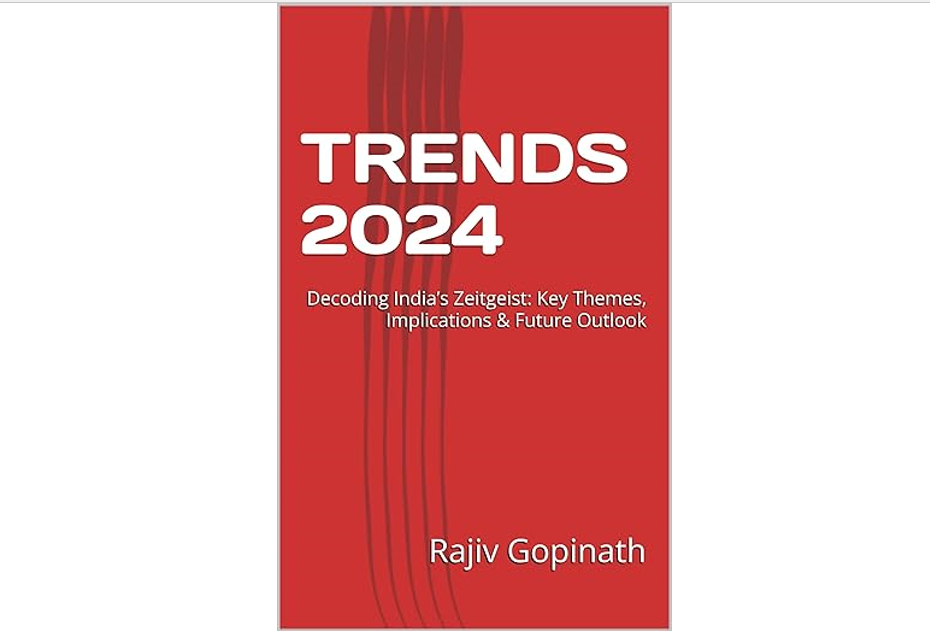
TRENDS 2024: Decoding India’s Zeitgeist: Key Themes, Implications & Future Outlook
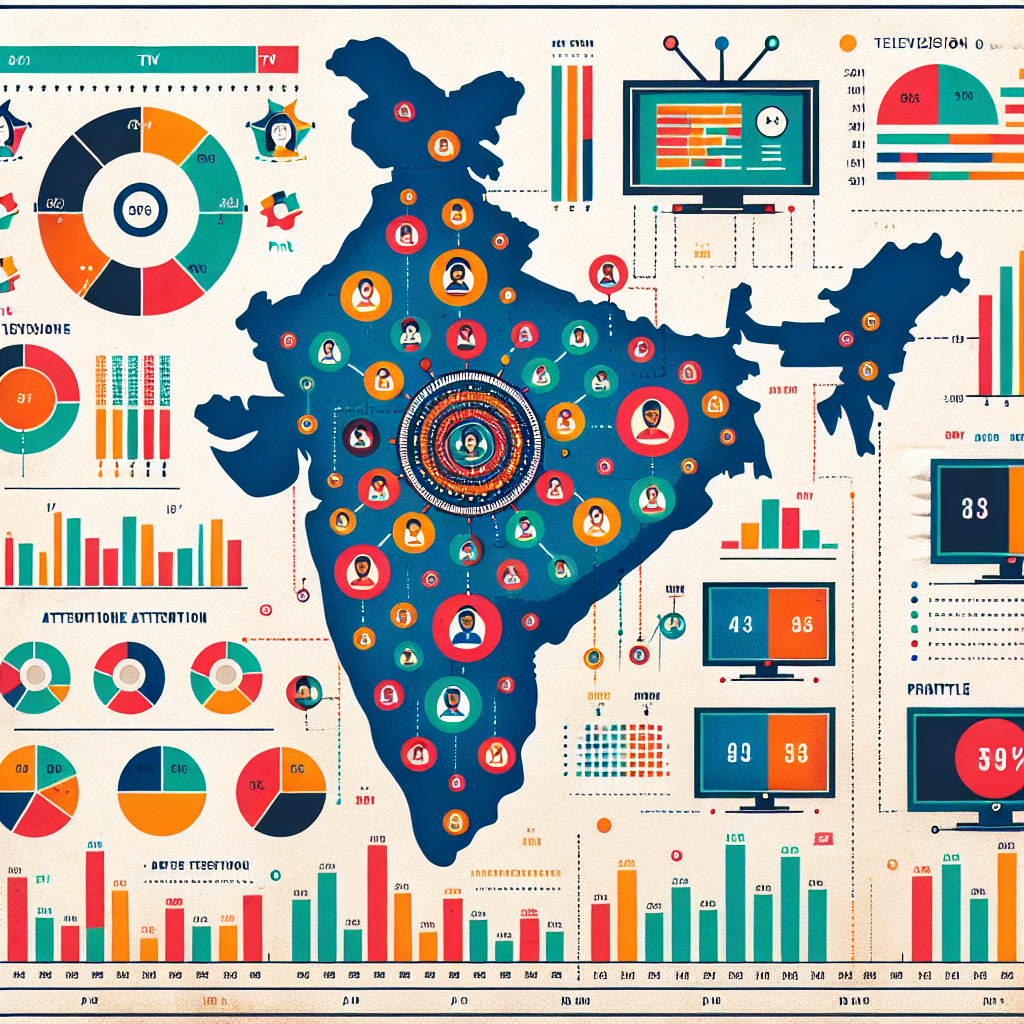
How to better quantify attention in TV and Print in India
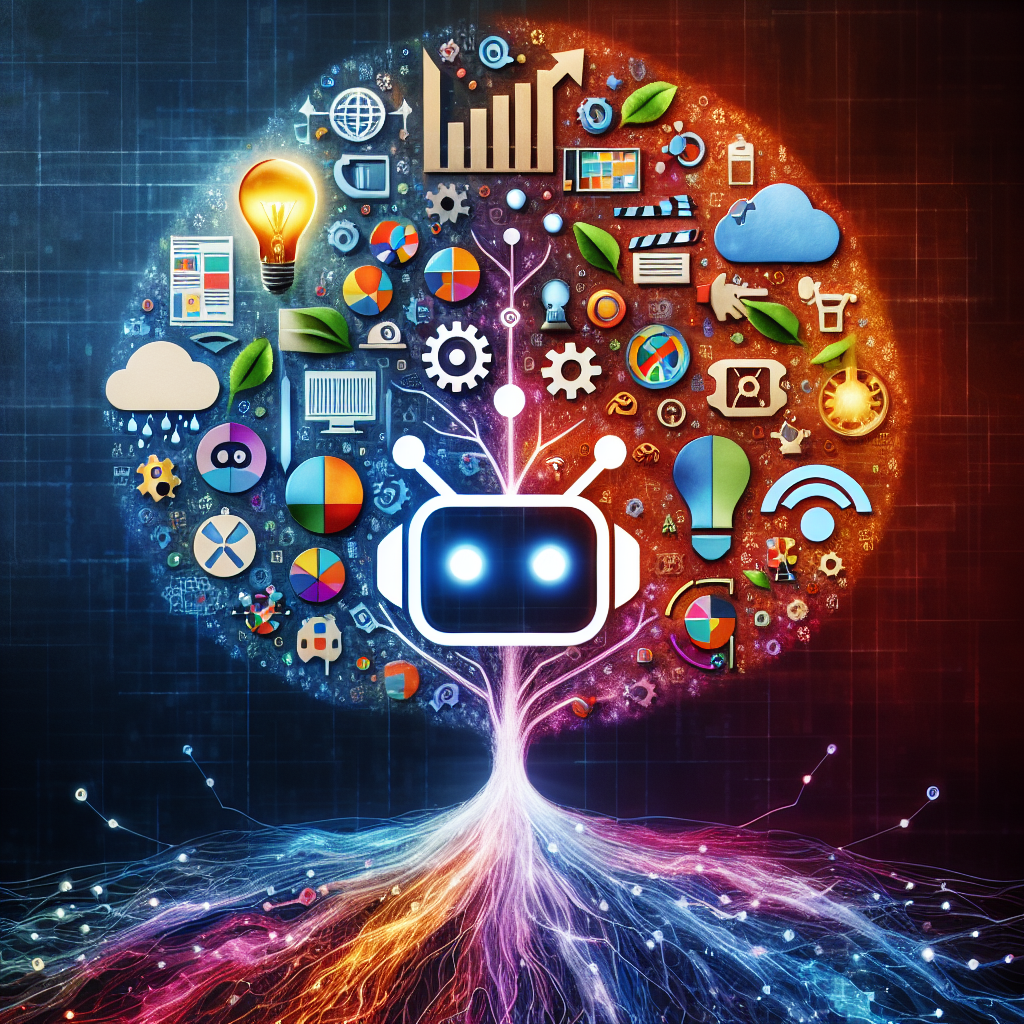
AI in media agencies: Transforming data into actionable insights for strategic growth
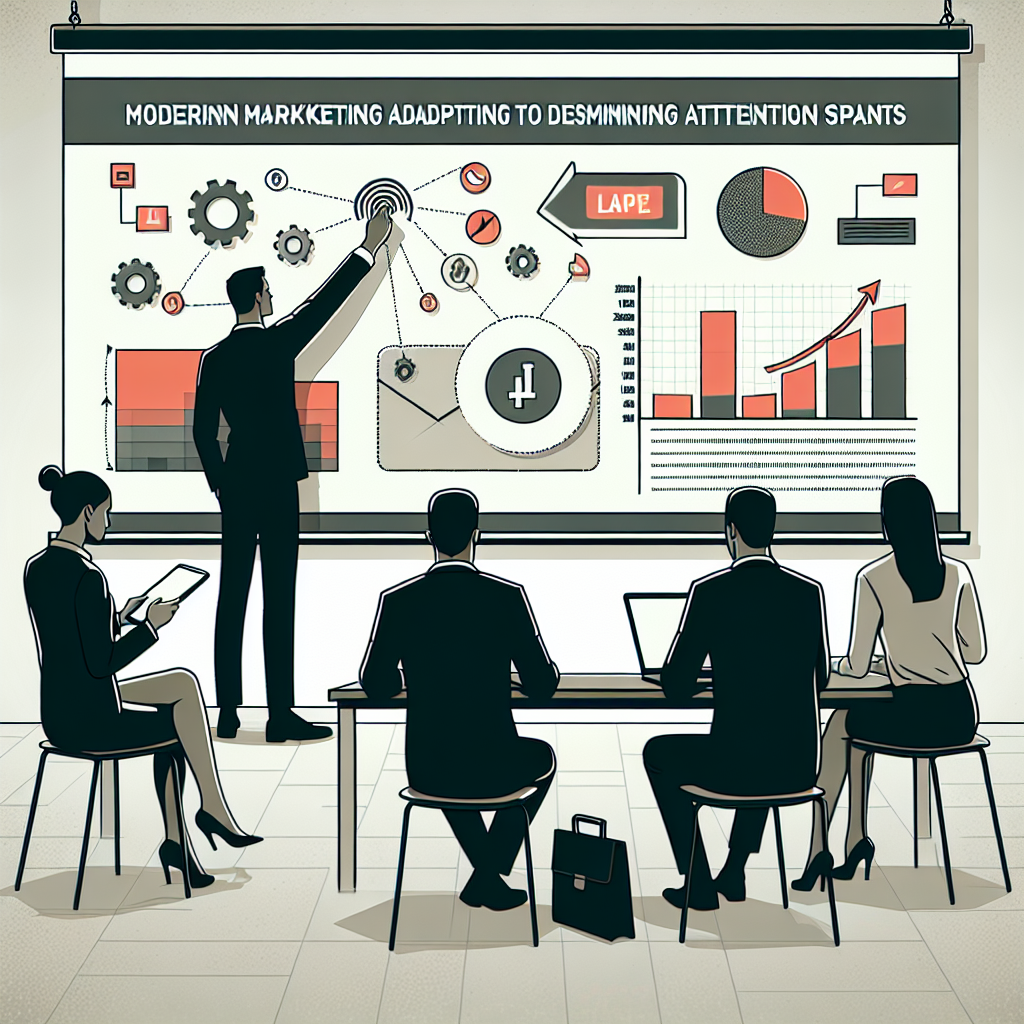
How the Attention Recession Is Changing Marketing
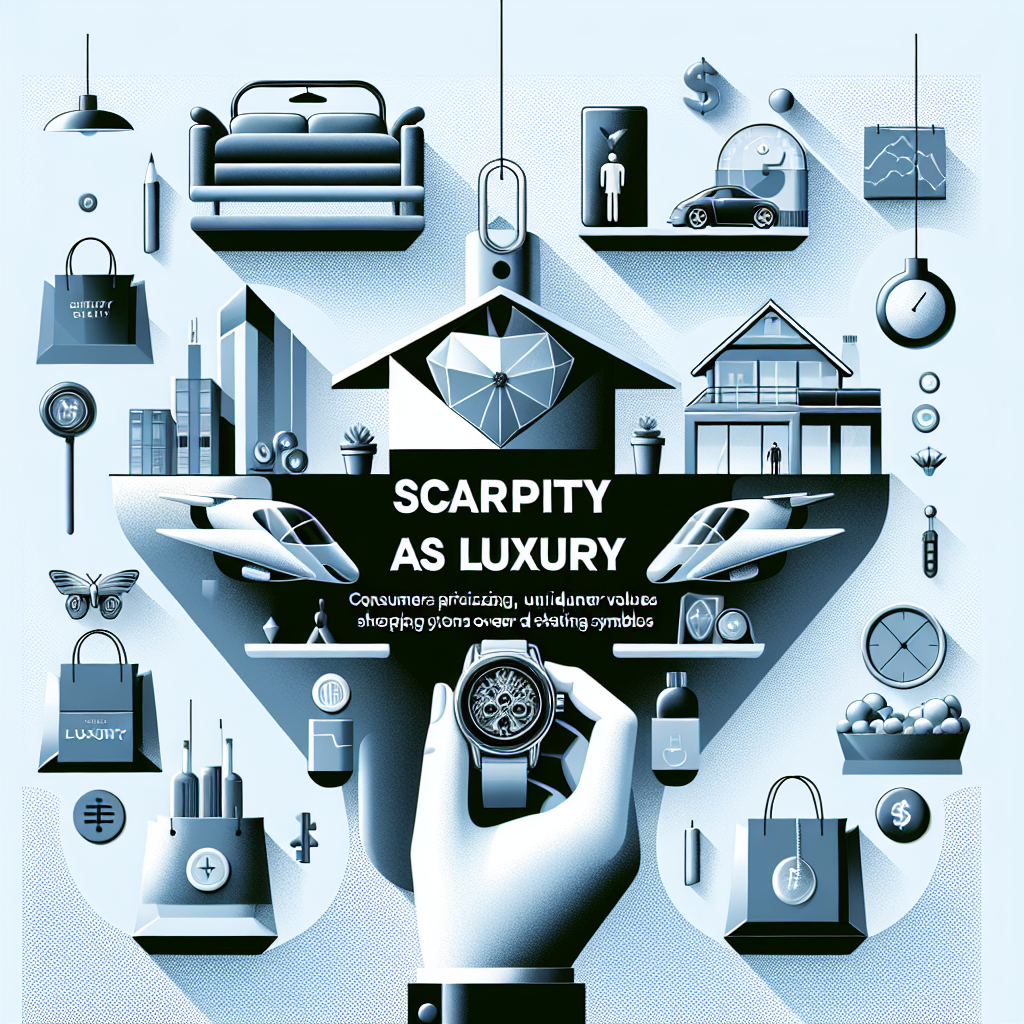
The New Luxury Why Consumers Now Value Scarcity Over Status

The Psychology Behind Buy Now Pay later

The Rise of Dark Social and Its Impact on Marketing Measurement

The Role of Dark Patterns in Digital Marketing and Ethical Concerns
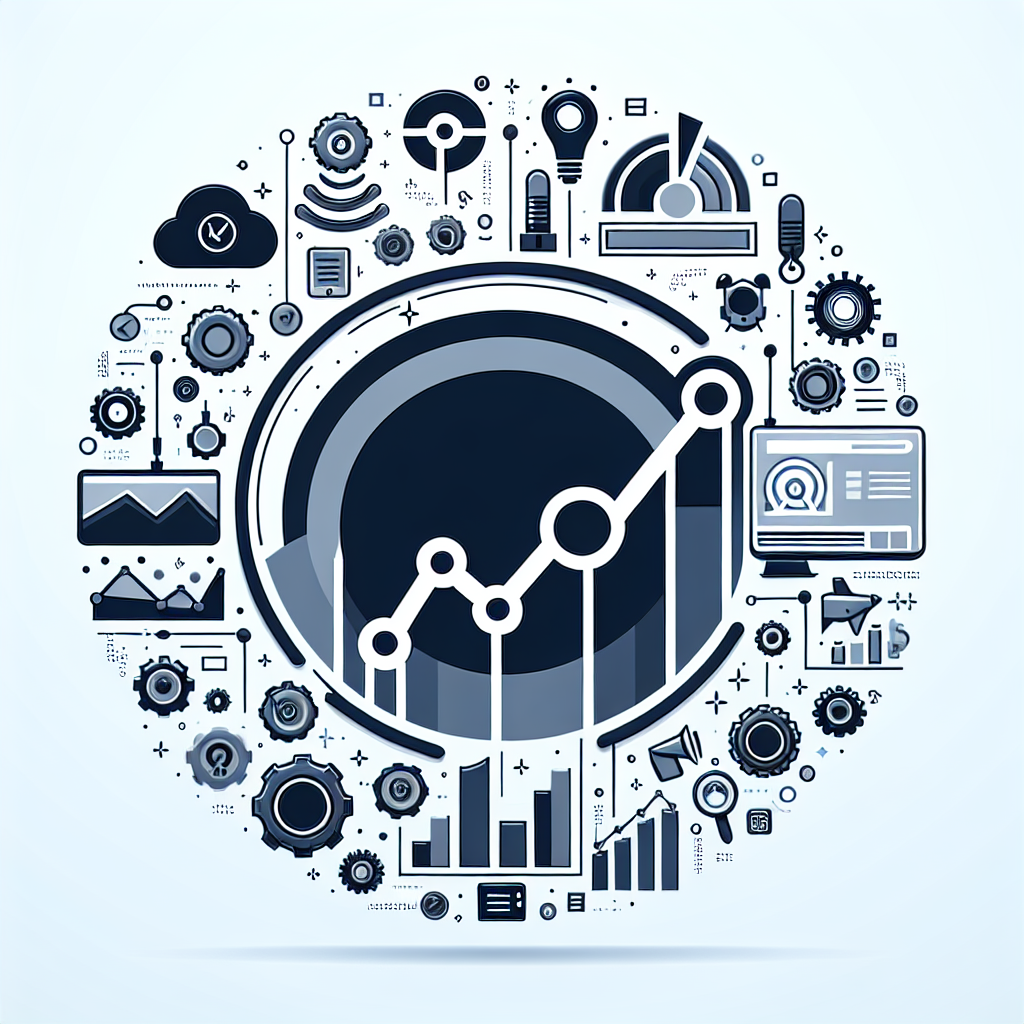
The Future of Retail Media Networks and What Marketers Should Know
Recent Blogs
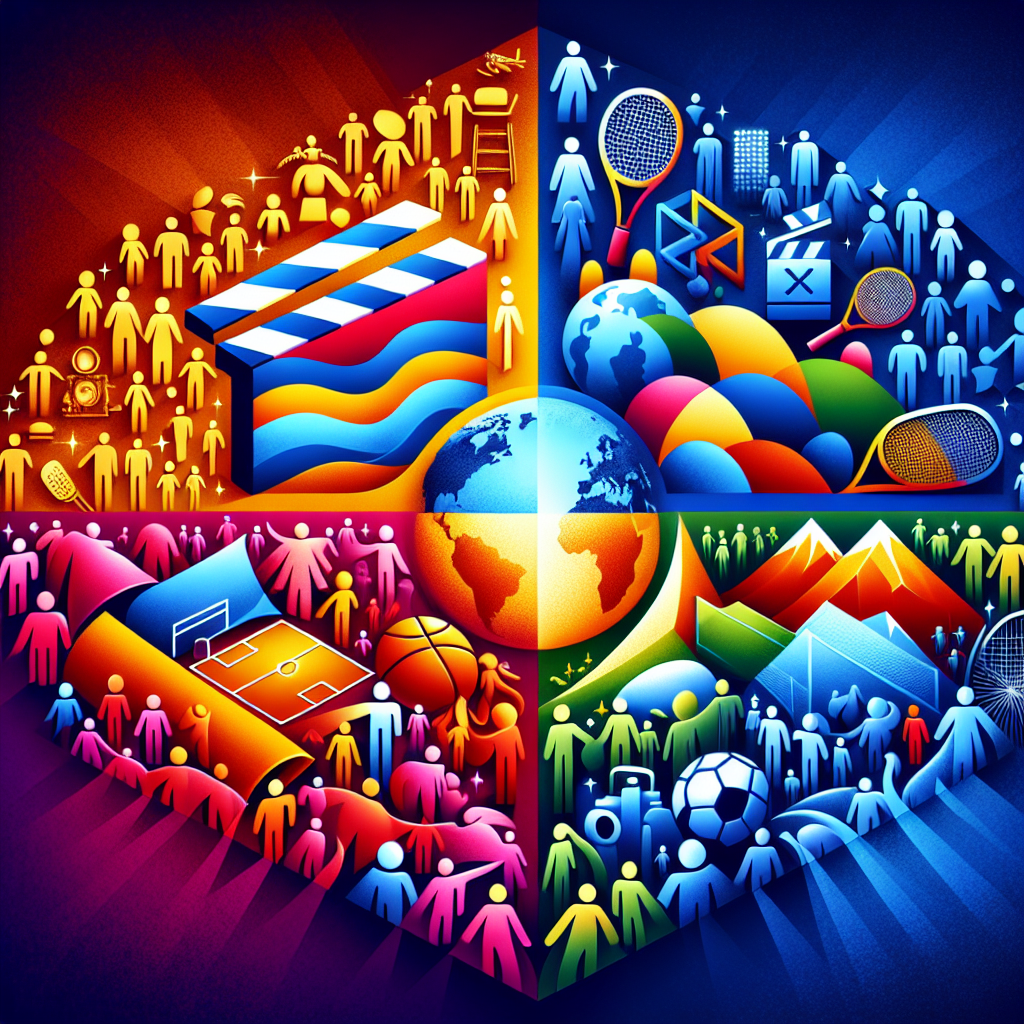
Trending Topics of The Week (20th January – 26th January)
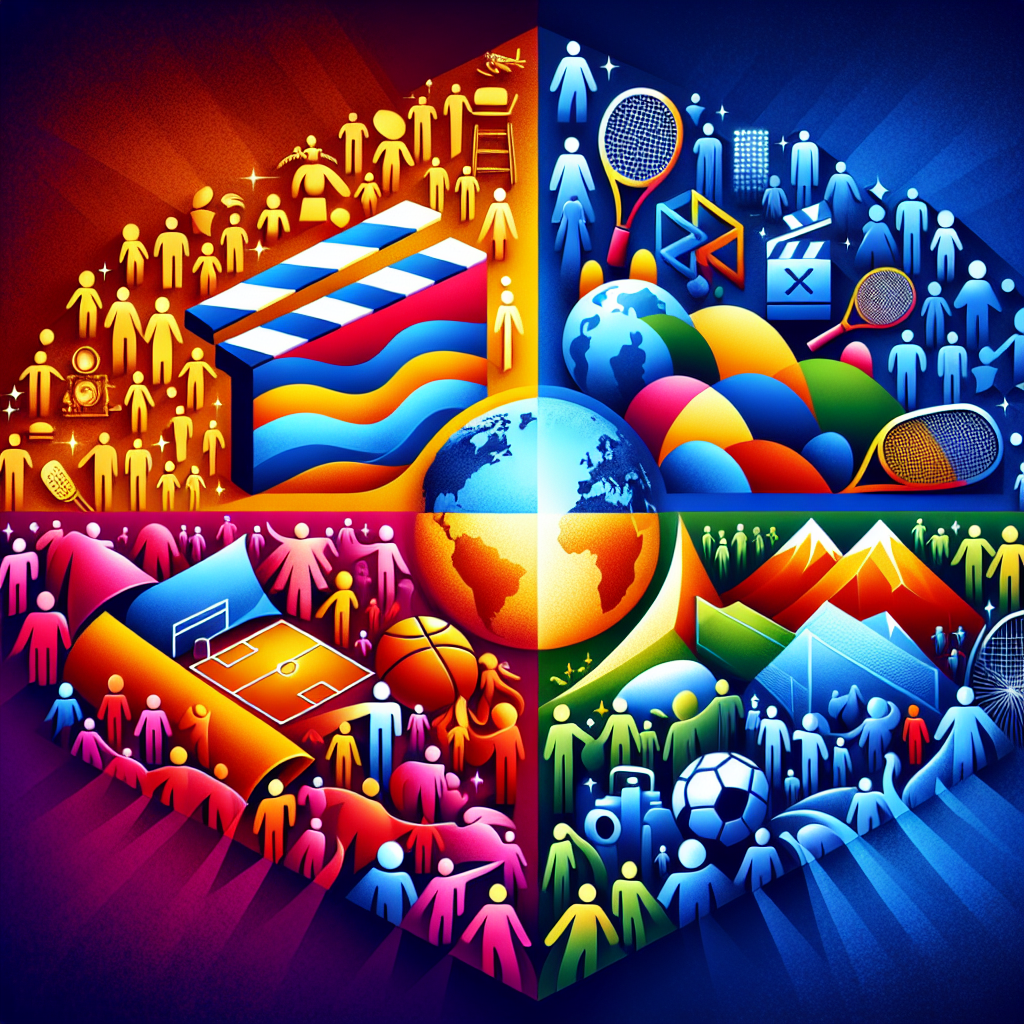
Trending Topics of The Week (13th January – 19th January)
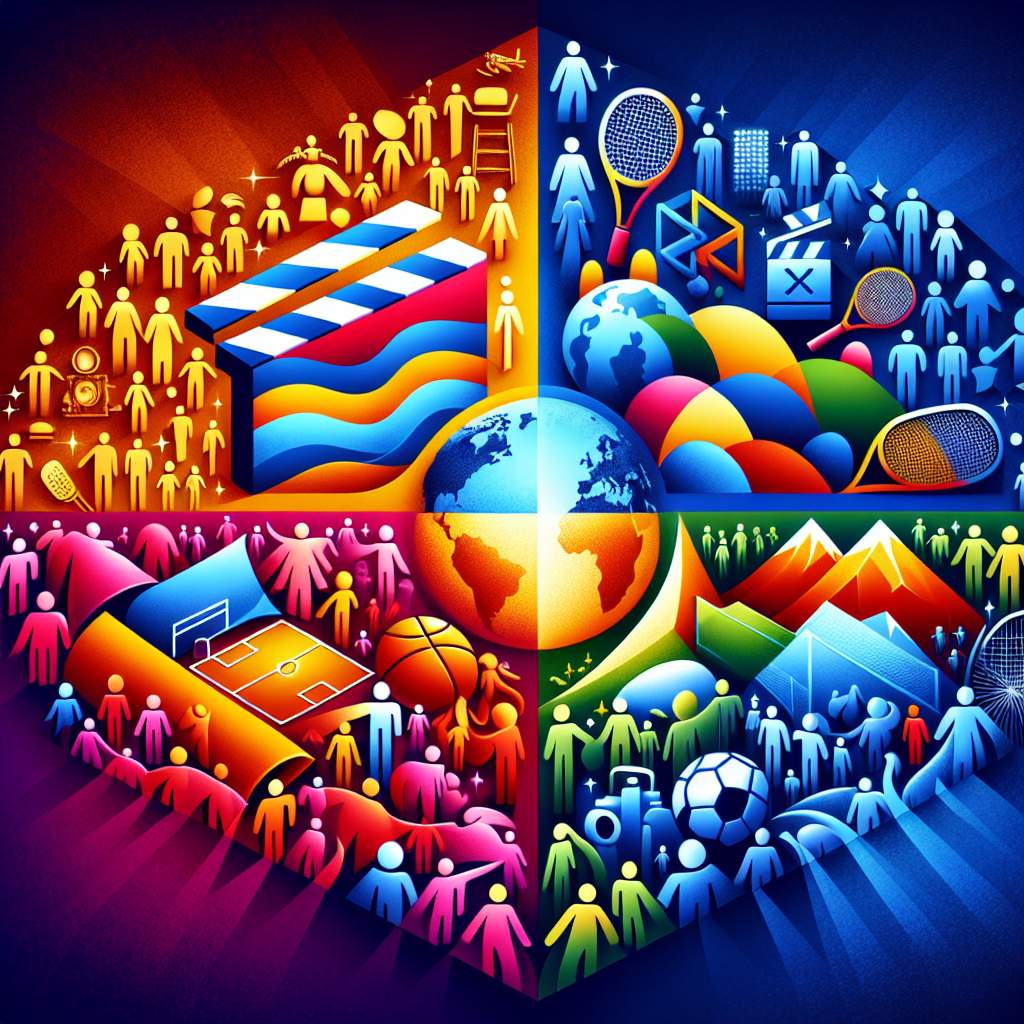
Trending Topics of The Week (6th January – 12th January)
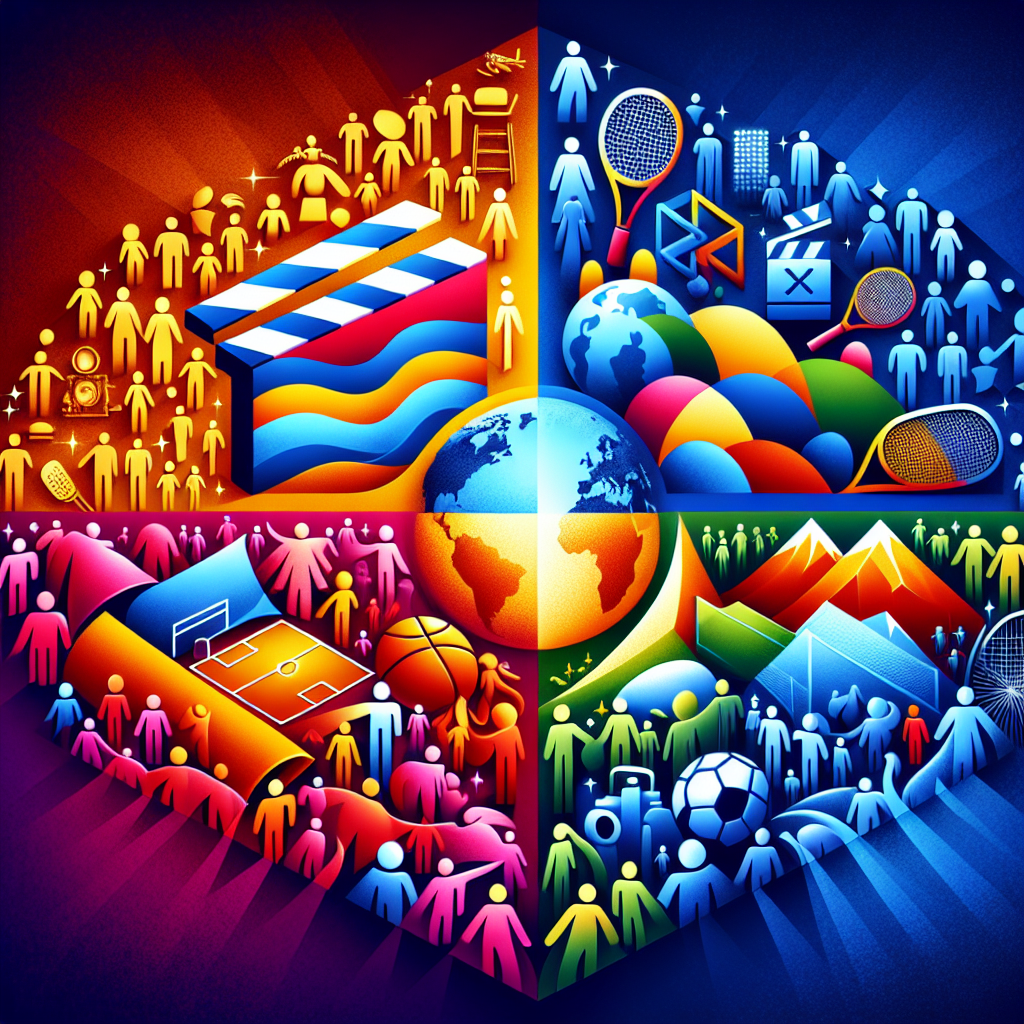
Trending Topics of The Week (30th December – 5th January)
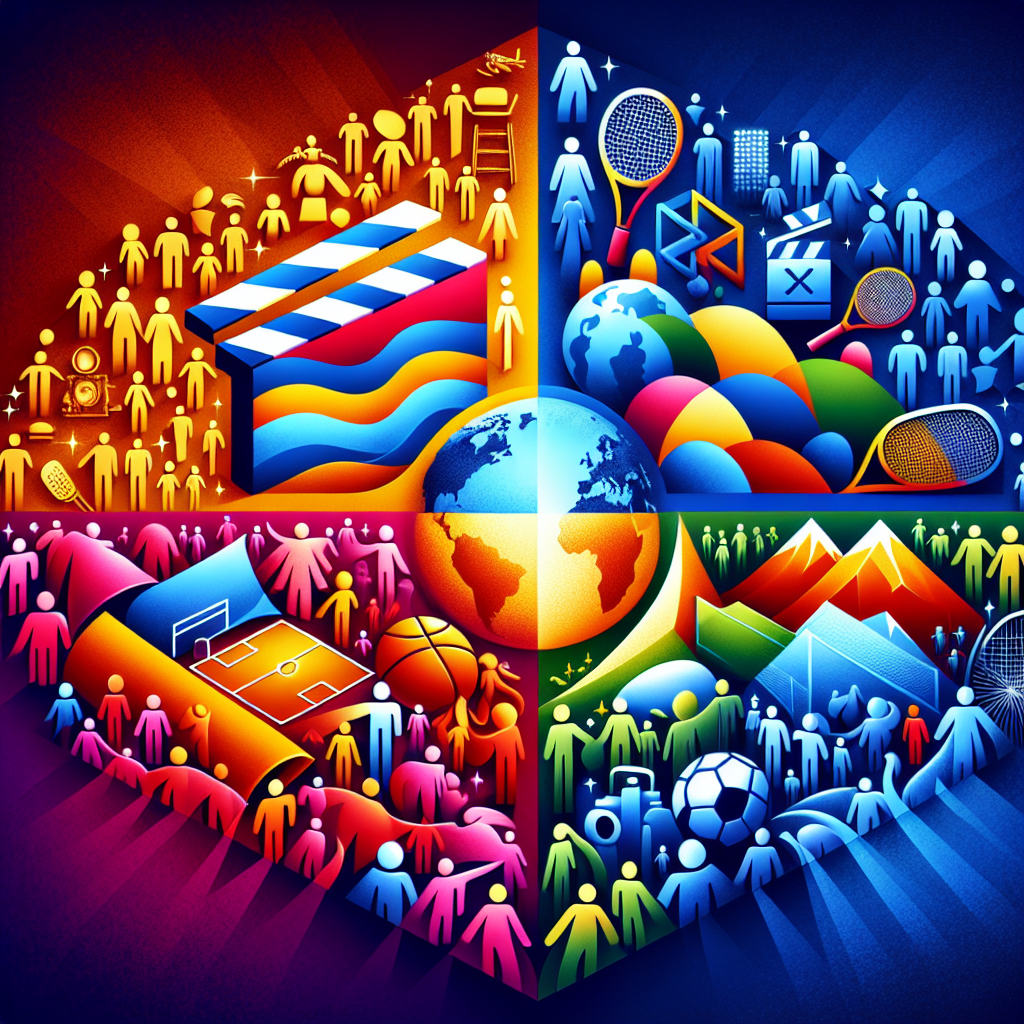
Trending Topics of The Week (23rd December – 29th December)
